Spain is known for its high-quality healthcare system, which has been repeatedly recognized as one of the best in the world. It includes both public and private medical services, ensuring accessibility and efficiency of medical care for all residents of the country.
We will explain how the healthcare system in Spain is organized, who can count on medical assistance, and which is better — public or private medicine?
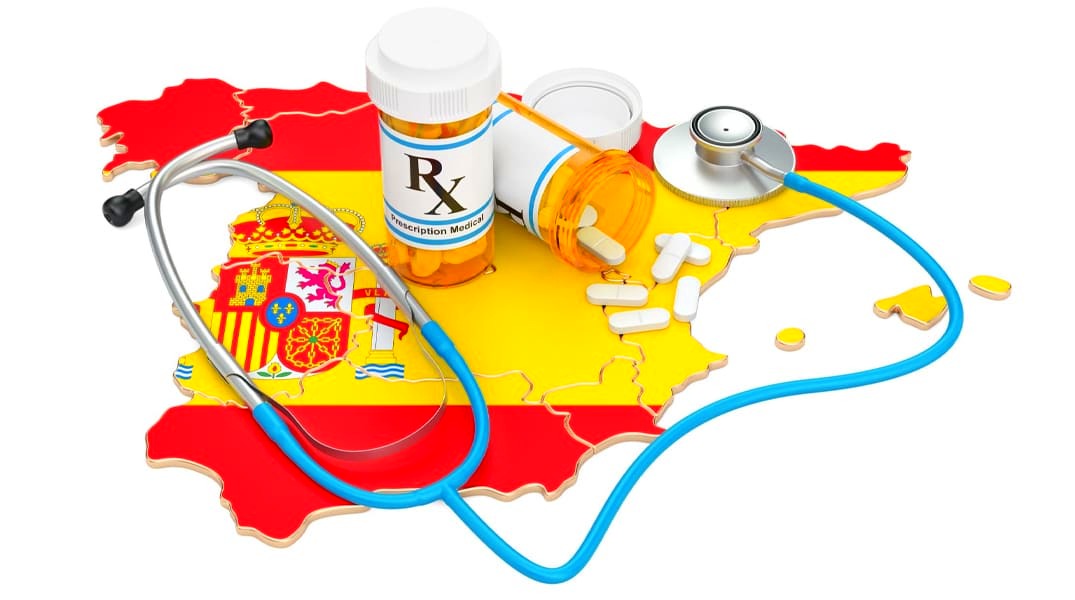
Contents
- Advantages of Medicine in Spain
- How is the Healthcare System Organized in Spain?
- Public Healthcare System
- Tarjeta Sanitaria Individual, TSI
- Private Medical Insurance in Spain
Advantages of Medicine in Spain
Medicine in Spain has its advantages:
- High quality level. Spanish doctors are highly qualified and experienced, and medical facilities are equipped with modern equipment. This applies not only to major cities like Madrid or Barcelona but also to rural areas.
- Accessibility. The public healthcare system guarantees access to basic medical care for all residents of the country.
- Qualified medical services. The Spanish healthcare system offers a wide range of medical services, including prevention, diagnosis, treatment, surgery, and rehabilitation.
- Developed infrastructure. Spain has a large number of hospitals, specialized clinics, and other medical institutions.
- Innovation. Spain actively implements innovative technologies and treatment methods into medical practice.
How is the Healthcare System Organized in Spain?
Spaniards are among the main long-livers of Europe. Yes, the favorable climate and Mediterranean diet play a significant role, but the main factor is the quality healthcare system. On average, 98% of the population has access to free medical care (2% higher than in other European countries), and there are, on average, 3.4 medical specialists per 1000 people (in other European countries — 3.1).
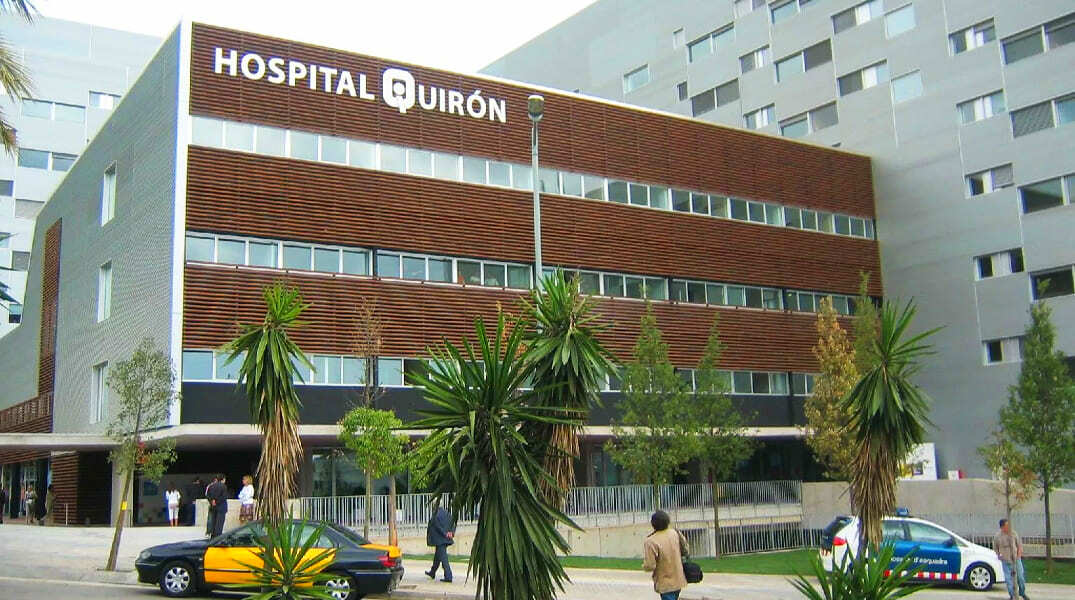
The structure of the healthcare system in Spain looks like this:
- Public Healthcare System (Sistema Nacional de Salud, SNS). Funded by taxes and provides free or subsidized medical care for all Spanish citizens, as well as legally residing foreigners (in some cases — and illegal immigrants).
- Private Medical Insurance. Complements the public system and provides access to a broader range of services, almost no queues, and more comfortable conditions for patients.
Public Healthcare System
In each administrative district, there is at least one public hospital equipped with the most modern equipment. According to the latest data, there are about 600,000 qualified personnel in the medical service sector, among which 200,000 are specialists in narrow fields.
An important feature of the public healthcare is its decentralized structure: the healthcare system is managed at the regional level by the autonomous communities of Spain, which allows taking into account local features and needs of the population. The main source of funding is taxes levied on the income of individuals and legal entities. In addition, there is a co-financing system where patients pay part of the cost of medicines and some medical services.
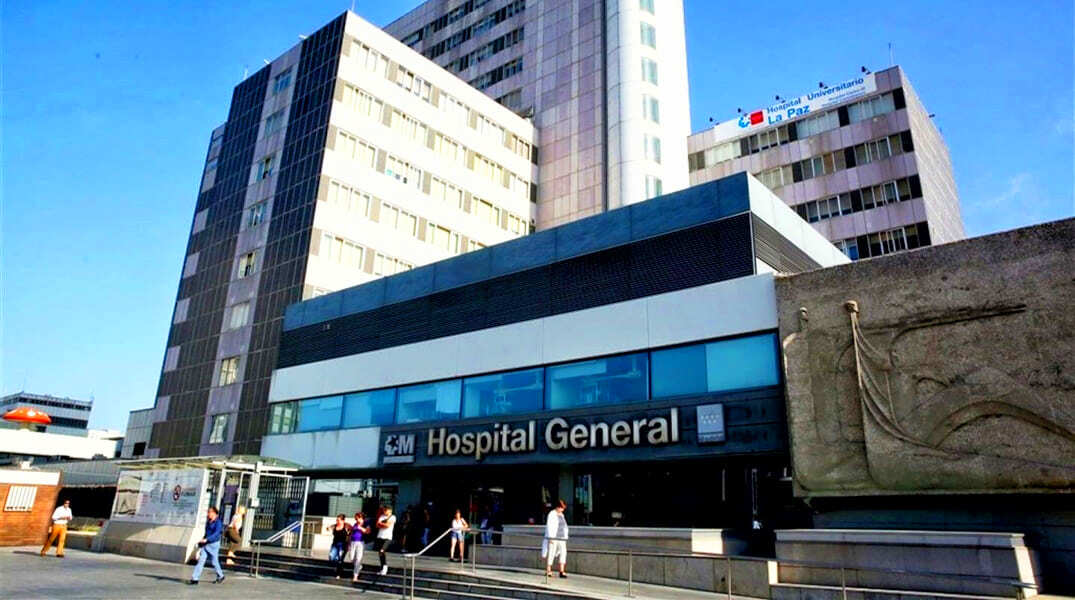
Access to the system:
- Spanish citizens: automatically have the right to medical care within the SNS.
- Legally residing foreigners: must register in the social security system and obtain an individual medical card (tarjeta sanitaria individual, TSI).
- Foreign citizens residing in the country illegally: have the right to free medical care within the SNS in certain cases, which we will discuss later.
Let’s talk in more detail about how to seek public medical assistance. Going to a public clinic involves an initial ‘filtering’ of patients by a primary care physician. He examines the patient and based on this decides: to give him recommendations in case of a minor ailment, prescribe medications, or refer to a specialist. It should be noted that the local population actively seeks medical help, so the problem of queues is also present here. And this causes strong irritation among Spaniards, which is understandable on one hand. They contribute a significant portion of their earnings to the social insurance fund. They want all their spent money to be reimbursed, so many Spaniards go to the hospital for the most minor reasons. Hence the queues — such a vicious circle.

If a patient is referred to a specialist, they are mandatorily assigned tests. Even if there are relatively recent test results on hand, in most cases, tests will still have to be taken.
Now about the differences. Doctors in Spain act strictly according to the approved protocol and most often they work on the principle of ‘Do no harm’. This means that in the case of a minor medical problem, the patient is ‘not buried’ under a mountain of pills, but allows the body to cope with the disease itself. Of course, if some medications are necessary, they are prescribed, but Spanish doctors will never prescribe drugs ‘for prevention’. Each case is considered individually and there is no single template of drugs for all patient groups.
The second point is the format of the doctor-patient relationship. Here it is strictly formal and emphatically correct. You come for a medical service and this service is provided to you — all within the job description. No rudeness or raised voices — for this, you can easily go to court. But local doctors also have more freedom in terms of being able to refuse a particular patient. For example, if he systematically does not follow medical recommendations or is simultaneously observed by another doctor.

Foreign citizens, especially in the case of serious illness, are better off visiting a doctor with a translator — not everyone in Spain speaks English, and the slightest misunderstanding on either side can end badly.
Here is the help you can get within the SNS:
- Primary medical care: includes consultations with therapists, pediatricians, gynecologists, and other primary care specialists.
- Specialized medical care: provided by specialists such as cardiologists, oncologists, surgeons, etc.
- Inpatient treatment: includes hospitalization in hospitals for surgery, treatment of severe diseases, and rehabilitation.
- Emergency medical care: provided in emergency cases.
- Palliative care: provided to patients with incurable diseases.
- Prevention and vaccination: The SNS conducts disease prevention and population vaccination programs.
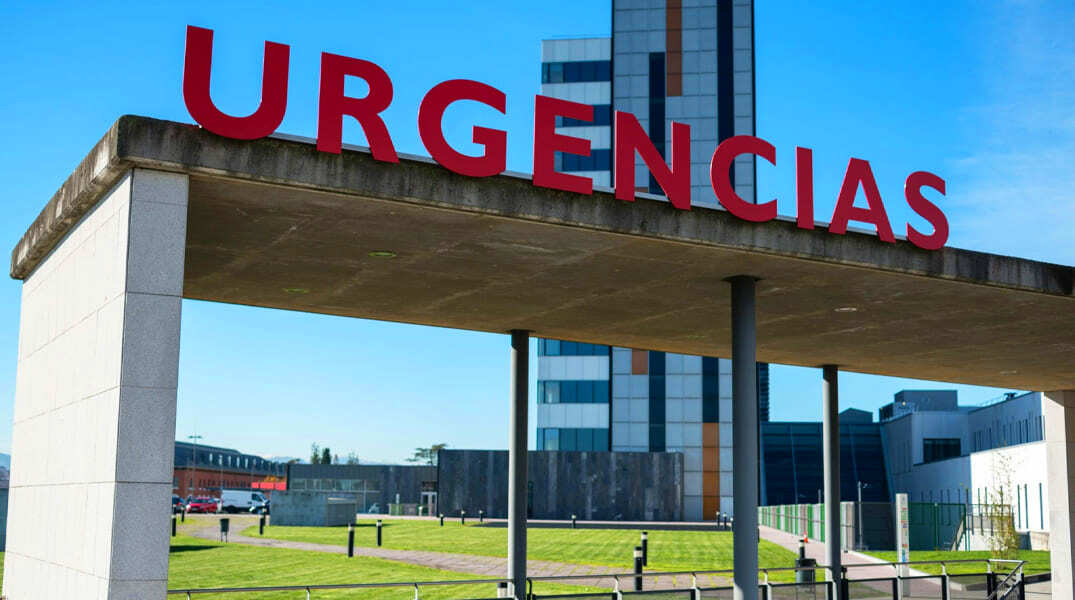
The country provides free basic and emergency medical care (exceptions — dental services). All public hospitals have emergency care units (Urgencias), which can be accessed at any time. Free assistance can also be obtained at the ‘Red Cross’ (Cruz Roja Espanola) points.
Tarjeta Sanitaria Individual, TSI
The Individual Health Card (Tarjeta Sanitaria Individual, TSI) is a key element of the Spanish public healthcare system. This card provides access to a wide range of medical services and is mandatory for all citizens of Spain and legally residing foreigners.
The TSI is a plastic card that contains information about the owner, including their name, surname, date of birth, social security number, and the clinic to which they are assigned. The card is used to identify the patient when seeking medical assistance within the SNS.
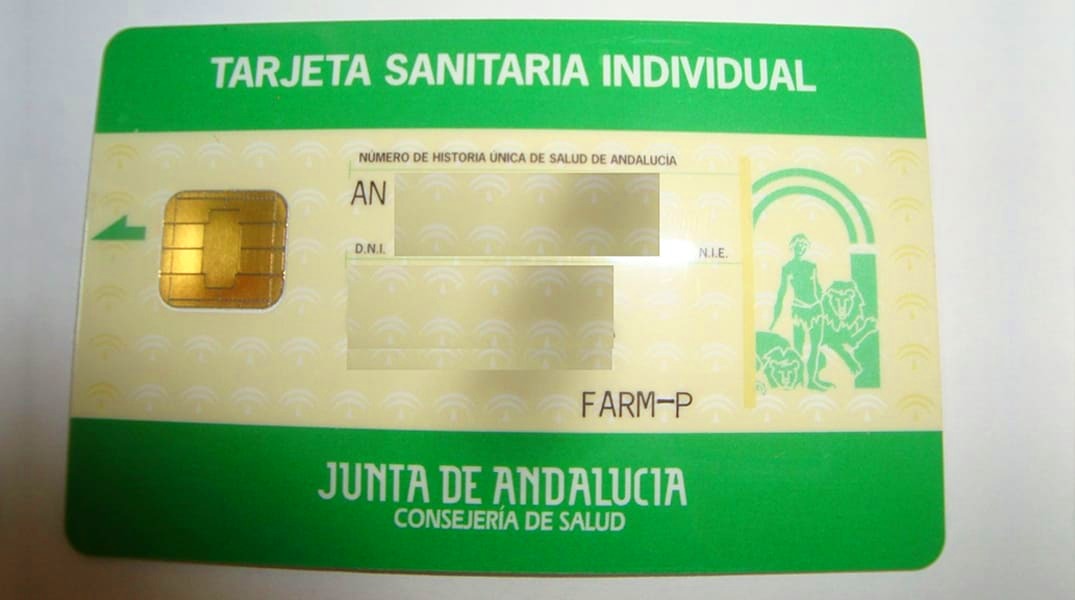
Spanish citizens automatically receive the TSI at birth or upon registration in the social security system.
Legally residing foreigners must register in the social security system and provide the following documents:
- Passport or residence permit.
- Certificate of registration at the place of residence, obtained at the municipality no earlier than three months before the application date (empadronamiento).
- Social security number.
When seeking medical assistance within the SNS, it is necessary to present the TSI. The card is used to identify the patient and register their visit. In some cases, additional documentation may be required, such as a referral from a doctor or test results.
IMPORTANT: Not only residents but also foreigners who are in the country, both legally and illegally, are entitled to free medical care.
Illegal immigrants are entitled to free medical care in Spain only in urgent cases: the need for emergency surgical intervention, severe illness, in case of serious injuries after traffic accidents or accidents. Children under 18 years of age and pregnant women are also entitled to current and emergency medical care, regardless of whether their status is legal or illegal.
Private Medical Insurance in Spain
In Spain, along with a highly developed public healthcare system, there is a thriving market for private medical insurance. It offers a number of advantages: no queues, a wider choice of doctors and clinics, as well as access to additional services.

The cost of private medical insurance in Spain depends on several factors:
- The age of the insured. Insurance premiums for older people are usually higher than for the young.
- Health condition. People with chronic diseases or predispositions to them may face higher insurance premiums.
- Choice of insurance plan. There are various insurance plans with different levels of coverage and cost.
- Region of residence. The cost of insurance can depend on the region of residence.
- Insurance company. Different insurance companies offer different rates and conditions.
The main players in this market are several companies: DKV, Adeslas, Mapfre, Sanitas, and Asisa. The standard package for a relatively healthy young person around 30 years old is about 40 euros per month. It is very difficult to get insurance for people over 65 years old — it is assumed that at this age a person already has a full “bouquet” of various diseases, so for an insurance company such a client is simply unprofitable.
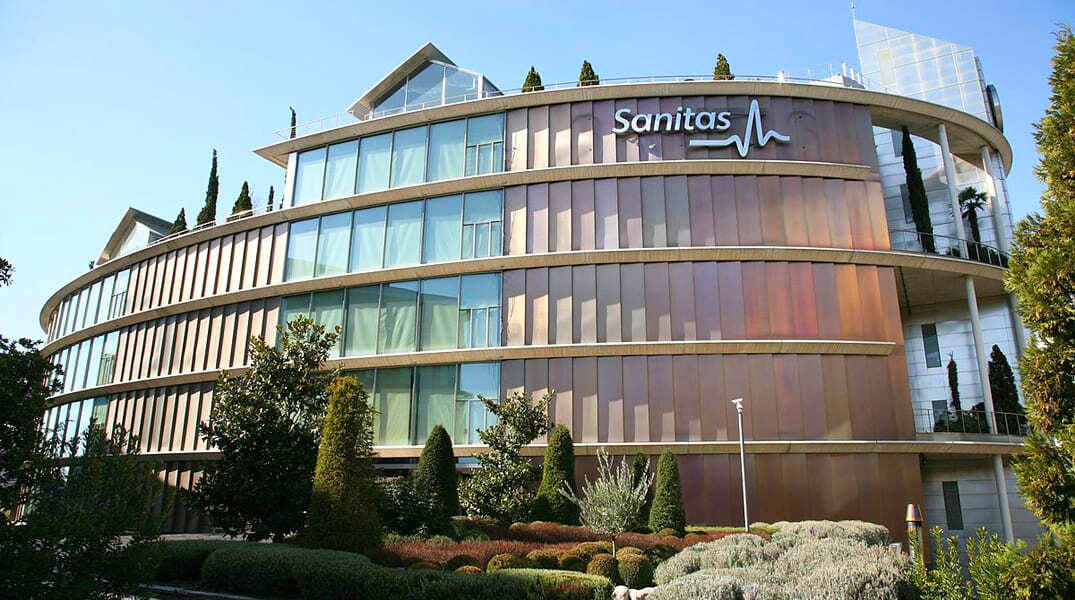
Private medical insurance is suitable for those who:
- Value their time and want to avoid long queues in public clinics.
- Want to have the ability to choose a doctor and clinic.
- Need additional services not provided by the SNS.
- Can afford monthly insurance premiums.
Having public or private insurance in Spain is the most important condition for a comfortable life in the country. Yes, there is a moment of incomplete coverage of services by medical insurance. That is, for a number of procedures, such as installing an expensive prosthesis, you will have to pay the missing amount. But this is still no comparison to the expenses that await you in the absence of insurance. Thus, the average price of a primary doctor’s appointment is 150-200 euros, tests will cost about 100 euros, the price of an MRI starts from 600 euros, and childbirth will cost about 4500-5000 euros.
You can get detailed advice and assistance in obtaining any medical insurance at the company “M2 Real Estate”. Our specialists consider each case individually, providing all the necessary legal assistance and support.


